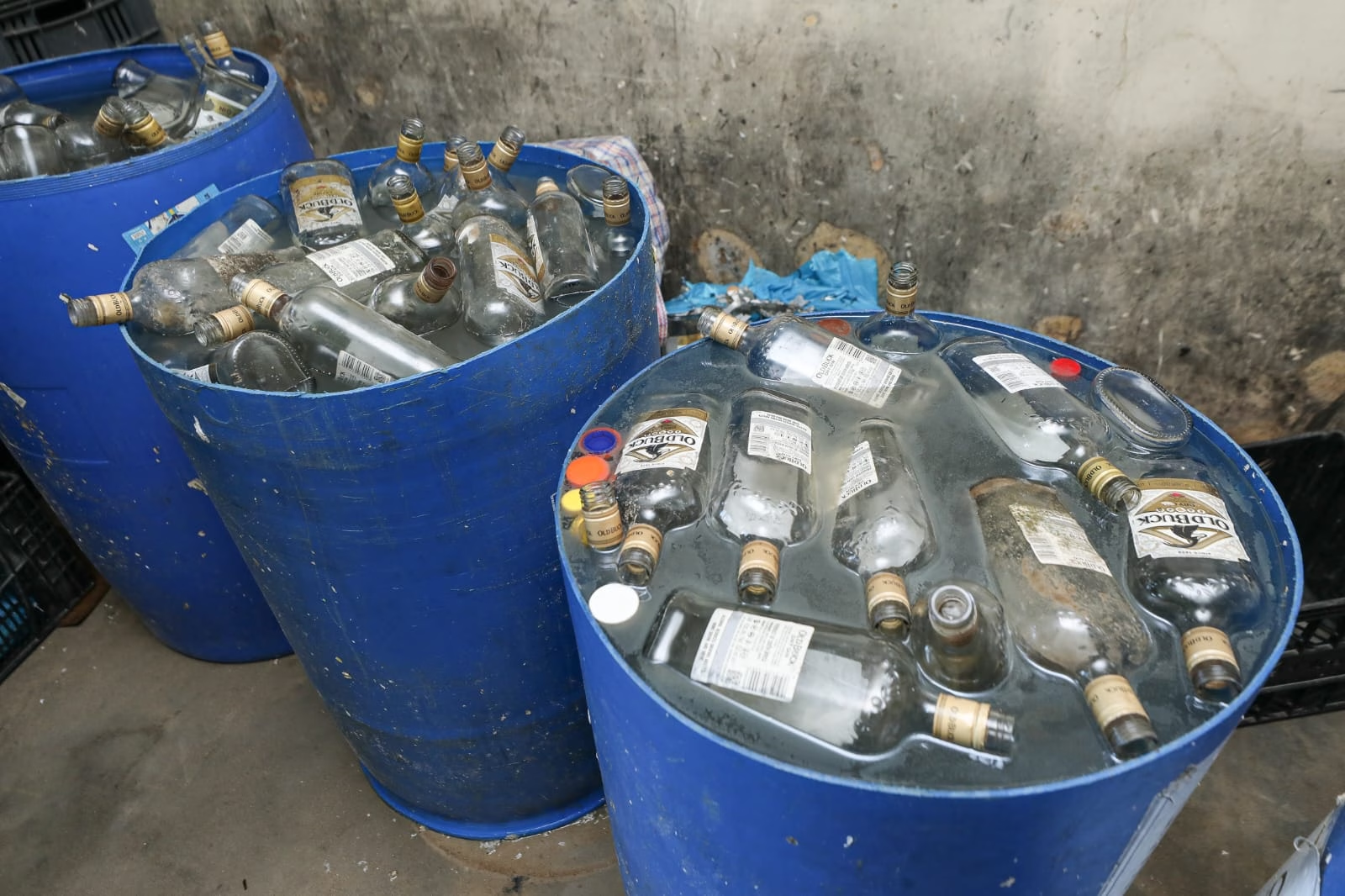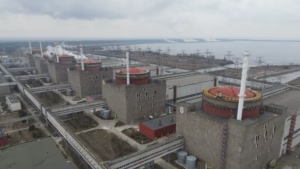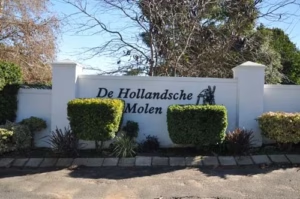Authorities have dismantled what they describe as a large-scale illegal alcohol manufacturing facility on the R44 in Klapmuts, seizing industrial-sized containers, machines and raw materials. The raid, carried out by members of the Maitland Flying Squad on Monday, resulted in the arrest of seven Somali nationals.
The discovery was made after officers followed up on information about suspicious activity at a property in the Klapmuts area. The site was reportedly operating as a makeshift alcohol plant, stocked with specialised manufacturing equipment and bottles ready for distribution.
Police spokesperson Sergeant Wesley Twigg confirmed the operation, explaining that officers acted swiftly once the tip-off was received.
“On Monday, 08 September 2025 members of the Maitland Flying Squad followed up information about a facility that is manufacturing illegal alcohol.”
According to Sergeant Twigg, the officers entered the premises and uncovered what appeared to be a fully equipped production line.
“The members visited the premises on the R44 in Klapmuts and found the facility with alcohol manufacturing equipment inside the building.”
The raid led to the detention of seven people. Sergeant Twigg said the suspects comprised five men between the ages of 25 and 43, and two women, both aged 20.
“Seven Somalian nationals, five males aged between 25 and 43 and two females both 20 were arrested for Contravention of the Liquor Act.”
Police indicated that once formal charges have been filed, all seven suspects will appear in the Paarl Magistrates’ Court.
“Once charged the suspects are due to appear in the Paarl Magistrates’ court on the mentioned charges.”
The haul taken from the building was substantial, raising questions about the potential scale of operations. Containers filled with ethanol were recovered, alongside industrial storage tanks and equipment thought to be used in the production and bottling process.
“The equipment that were confiscated are containers containing ethanol, ten big white 1000 litre containers, empty bottles and machines.”
Law enforcement officials believe the factory may have been intended to produce large volumes of alcohol for illegal distribution. The presence of empty bottles suggests a system prepared for packaging and sales.
The bust highlights concerns about the proliferation of unlicensed alcohol production in the Western Cape. Apart from contravening licensing laws, such operations can present health risks, with consumers often left unaware of the origins or quality of the alcohol they purchase.

















